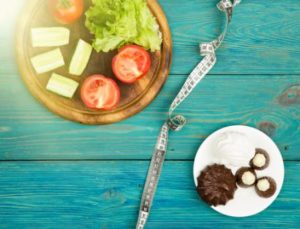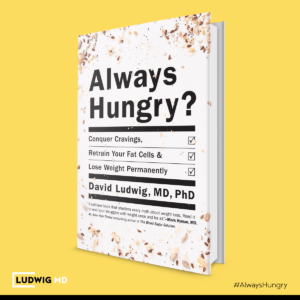 Will there ever be an end to silly new diet trends?
Will there ever be an end to silly new diet trends?
The Sirtfood Diet is the latest to cross my desk and, boy, is it a doozy.
The premise is that certain foods increase the activity of sir ruins in your body. Sirtuins are special proteins which allegedly have all sorts of beneficial effects, everything from fighting inflammation to preventing cancer and neurodegenerative diseases, all the way to reversing aging and extending lifespan.
The Sirtdiet protocol consists of lots of green smoothies and other meals made from “sirtfoods,” which include capers, celery, cocoa powder, green tea, kale, parsley, onions, strawberries, turmeric, and walnuts.
Nothing wrong with those foods. But there is a lot wrong with this diet.
First, the claims for this diet are not only unproven, they verge on the preposterous. Although sirtuins are an area of promising research, what we don’t know about them far exceeds what we do know about them.
Even if we did know more about how sirtiuns promote health and longevity, the idea that these foods will increase sirtuin activity is pure speculation. These foods are rich in poloyphenols, compounds that might boost sirutin activity. Then again they might not. We’ll have to get back to you on that.
The other problem with this diet is that it is designed to produce extreme (and extremely fast) weight loss. As you’ve heard me say before, dieting is counter-productive. Extreme dieting is extremely counter-productive.
I bet a lot of these so called “sirtfoods” are already in your diet. Stay the course! And some of the “sirtfood” recipes I’ve seen look delicious. Feel free to add them to your repertoire. But the actual Sirtfood Diet protocol? I’d pass on that if I were you.




 As if losing weight weren’t already challenging enough, you might also find that you’re not sleeping as well. And we all know (both from research data as well as personal experience) that being under-rested can increase your appetite and reduce your will-power. Perfect, meet storm.
As if losing weight weren’t already challenging enough, you might also find that you’re not sleeping as well. And we all know (both from research data as well as personal experience) that being under-rested can increase your appetite and reduce your will-power. Perfect, meet storm.
